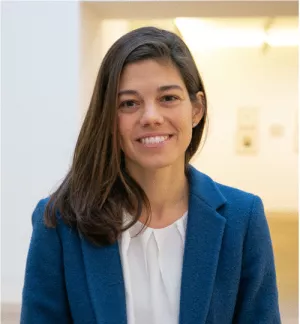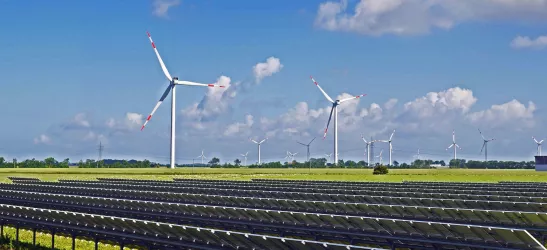Abstract
Expert elicitations are now frequently used to characterize uncertain future technology outcomes. However, their usefulness is limited, in part because: estimates across studies are not easily comparable; choices in survey design and expert selection may bias results; and overconfidence is a persistent problem. We provide quantitative evidence of how these choices affect experts' estimates. We standardize data from 16 elicitations, involving 169 experts, on the 2030 costs of five energy technologies: nuclear, biofuels, bioelectricity, solar, and carbon capture. We estimate determinants of experts' confidence using survey design, expert characteristics, and public R&D investment levels on which the elicited values are conditional. Our central finding is that when experts respond to elicitations in person (vs. online or mail) they ascribe lower confidence (larger uncertainty) to their estimates, but more optimistic assessments of best-case (10th percentile) outcomes. The effects of expert affiliation and country of residence vary by technology, but in general: academics and public-sector experts express lower confidence than private-sector experts; and E.U. experts are more confident than U.S. experts. Finally, extending previous technology-specific work, higher R&D spending increases experts' uncertainty rather than resolves it. We discuss ways in which these findings should be seriously considered in interpreting the results of existing elicitations and in designing new ones.
Read the entire article here (log in may be required): http://onlinelibrary.wiley.com/doi/10.1111/risa.12604/abstract
Nemet, Gregory, Laura Diaz Anadon and Elena Verdolini. “Quantifying the Effects of Expert Selection and Elicitation Design on Experts' Confidence in Their Judgments About Future Energy Technologies.” Risk Analysis, 2016






